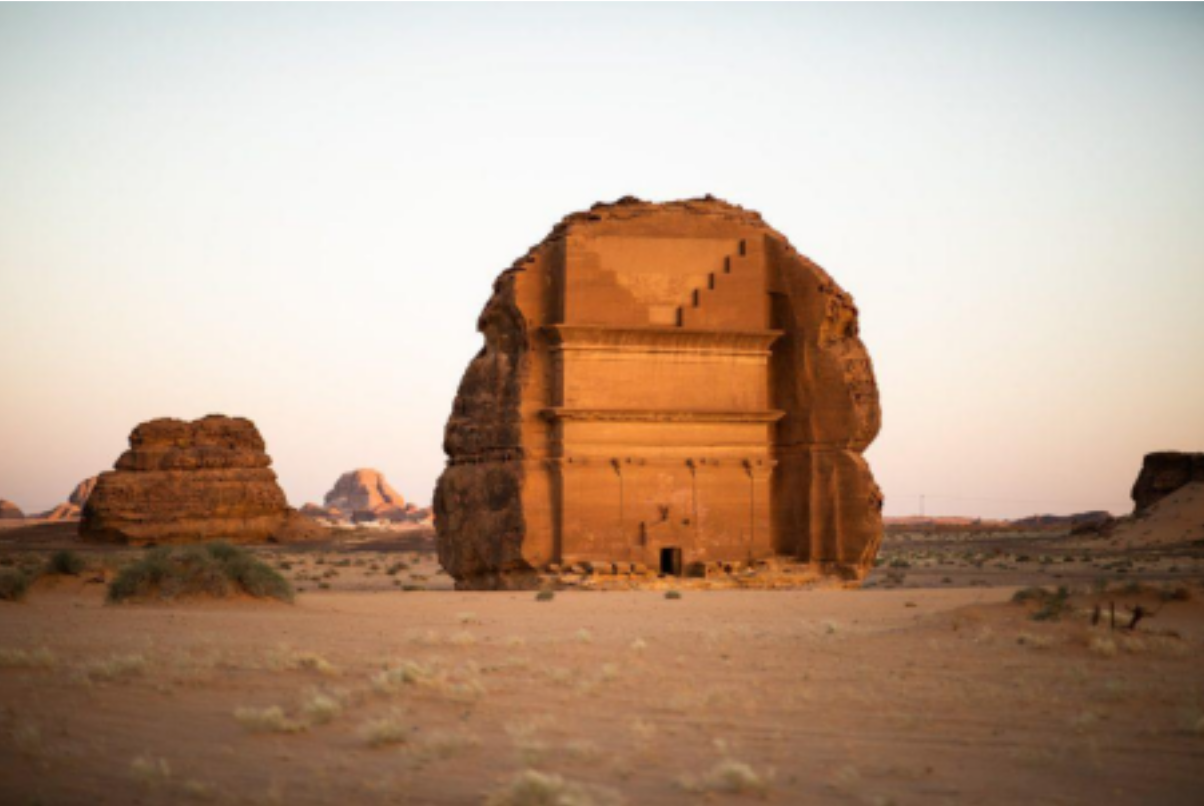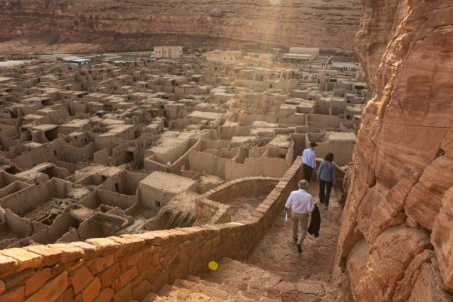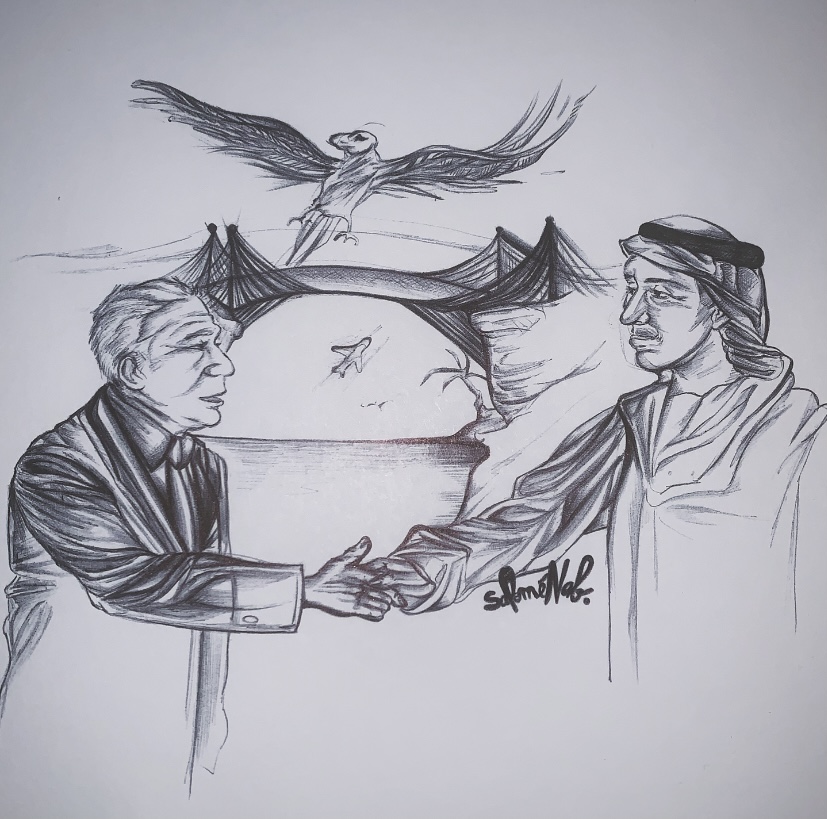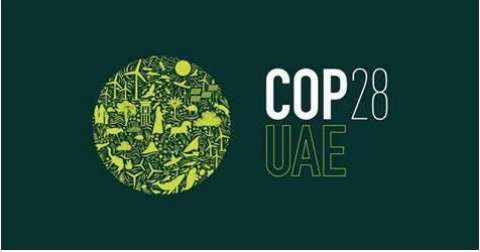
AlAlula: How Saudi Arabia is committing to protect and open up its heritage

An exceptional archaeological and natural site
Nestling at the entrance to a desert valley, surrounded by ochre and red sandstone massifs and verdant oases, lies the ancient caravan city of Hegra. Hydraulic systems, sanctuaries, the monumental necropolis of Madâin Sâlih carved out of the rock, palm groves as far as the eye can see...
All these vestiges bear witness, in an area the size of Belgium, to a fascinating and little-known history: that of the Nabataean civilization, whose kingdom extended from Sinai to the western shore of the Red Sea.
At the crossroads of the routes linking Egypt, Mesopotamia and the eastern shores of the Mediterranean, Petra's little sister developed and grew rich thanks to the harnessing of its groundwater and the trade in frankincense and myrrh.
A neighbor of the kingdom of Judea, which suffered a similar fate - Roman annexation and obliteration through a change of name - the Nabataean kingdom finally disappeared in the 2nd century AD. The emergence of Islam in the 6th century eclipsed Hegra in favor of Medina, which emerged as a cultural and religious center, attracting pilgrims alongside Mecca. The Saudi monarchy, guardian of the holy cities, kept the site's existence a secret for centuries.
In 2008, by classifying the site as a World Heritage Site (the country's first), UNESCO recognized its outstanding environmental and cultural value. As part of its partnership with the UN agency, the monarchy is committed to sharing its archaeological and epigraphic heritage with the scientific community, inviting academics and archaeologists from all over the world to study the open-air library of inscriptions on the cliffs and rocks of Jabal Ikmah.
Partly financed by a dedicated royal commission, a vast conservation and research project has unearthed the gradual evolution of Nabataean languages towards Classical Arabic, providing a better understanding of the linguistic and civilizational exchanges of the period. As a result, local and global populations are invited to reconnect with a whole part of the memory of the pre-Islamic Arab world.

“The Wonder of Arabia” as an emblem of Vision 2030
AlUla is at the heart of the monarchy's ambitions for modernization and economic reform. It is an integral part of "Vision 2030", promoted by Crown Prince Mohamed Ben Salman, and is both a flagship project and a key lever for moving away from dependence on oil, by focusing on a new, secular and international-oriented tourism.
In 2018, Saudi Arabia and France signed their first intergovernmental agreement on the creation of an agency specifically dedicated to the cultural and tourism development of AlUla: Afula.
According to Afula, the aim is to "invent a new tourist experience, faithful to the hospitality of the Arab world, at once cultural (archaeological trails, museums), sensory (discovery of grandiose landscapes, the desert, the oasis) and authentic (in contact with local culture)", while making sustainable development its cornerstone: "AlUla aspires to become(...) a benchmark project in sustainable development, focused on the absolute preservation of the environment, respectful of history, territories and inclusive of the local population."
Indeed, climate change has had an impact on the site's original biodiversity, as evidenced by the giraffes, lions and ostriches engraved on some of the tombs: species that are now extinct.
The Sharaan (a luxury hotel designed by the architect Jean Nouvel, who has already proved his worth with the Louvre Abu Dhabi), artists' residences, the rehabilitation of the medina abandoned in the 1980s, a contemporary art museum in partnership with the Centre Pompidou, archaeological missions, innovative and environmentally friendly transport, the hosting of business delegations...
So many titanic achievements and ambitions planned for the coming years. AlUla is not just an emblem whose potential serves national outreach and soft power. By mobilizing a wide range of committed players in favor of its rebirth, not only is the "Wonder of Arabia" an example of cooperation and transmission, but also an inspiration for both the region and humanity.
Sources :
AlUla, le trésor archéologique méconnu de l'Arabie saoudite.
L’Agence française pour le développement d’AlUla.
AlUla, l'oasis aux 7000 ans d'histoire.
Sharaan : Un projet hôtelier inédit par l’architecte français Jean Nouvel dans le désert d’Al-Ula.
Preserving Documentary Heritage in AlUla.
Documentary Heritage in AlUla.



